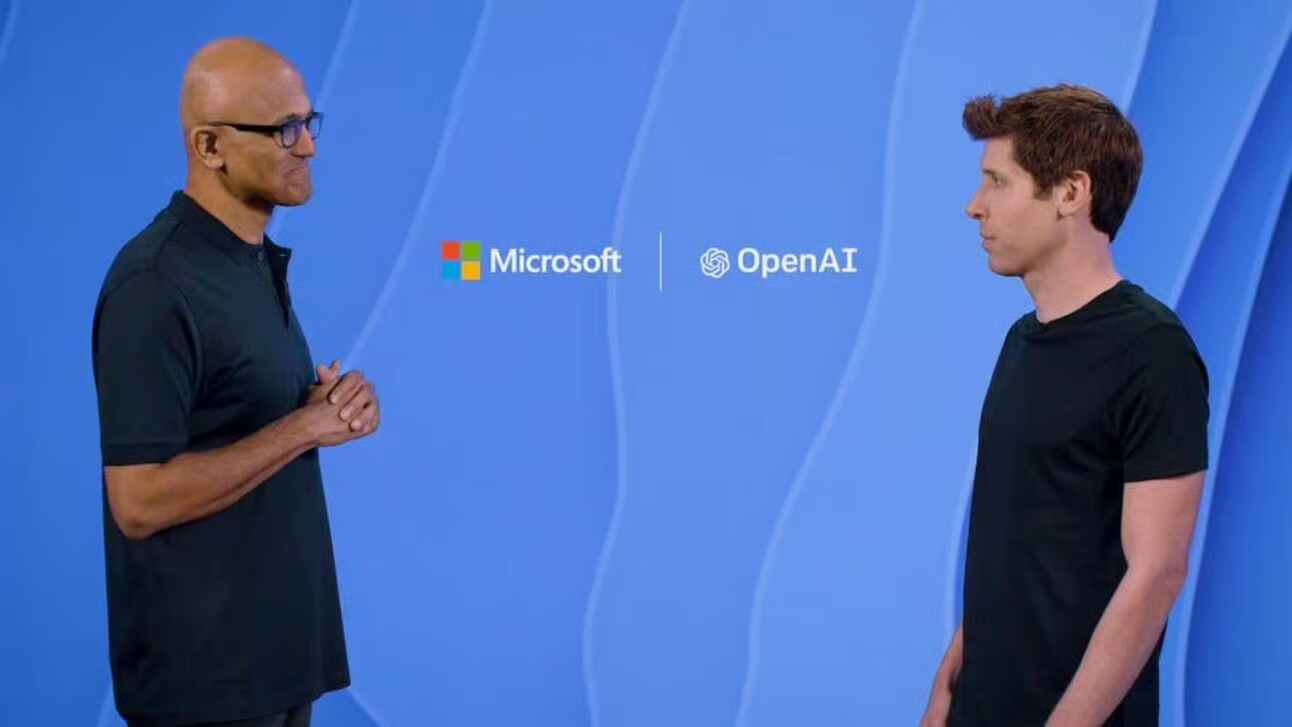Microsoft’s once rock-solid alliance with OpenAI is facing its most serious test yet, as high-stakes negotiations over the future of their multibillion-dollar partnership teeter on the brink of collapse. At the heart of the dispute are the control over AI’s future, equity ownership, and access to groundbreaking technology beyond 2030.
Microsoft is reportedly ready to abandon its high-stakes negotiations with OpenAI over the future of their multibillion-dollar partnership, according to a Financial Times report on June 18.
Key disputes in Microsoft-OpenAI negotiations
The discussions have become tense as OpenAI moves to restructure itself into a public-benefit corporation, a change requiring Microsoft’s approval as its largest investor. Microsoft has invested over $13 billion in OpenAI since 2019 and holds exclusive rights to OpenAI’s technology until 2030 under their existing contract. However, Microsoft is considering halting talks if there is no agreement on critical points, including how much equity it will hold in the restructured OpenAI and access to new AI technologies beyond 2030.
During these negotiations, OpenAI reportedly contemplated accusing Microsoft of anticompetitive behaviour, which could escalate tensions further. Despite these challenges, both companies continue daily discussions, with Microsoft emphasising the value of their long-term partnership: “We have a long-term partnership that delivered amazing AI tools for everyone,” Microsoft and OpenAI jointly stated.
Stakes and strategic moves
The partnership has been pivotal for Microsoft’s AI ambitions, integrating OpenAI’s models into products like Copilot and Azure services. OpenAI’s shift to a profit-driven model aims to attract new investors and prepare for a potential IPO, but this depends heavily on Microsoft’s consent. The negotiations also involve complex considerations about intellectual property rights, revenue sharing, and future collaboration or competition in AI services.
Microsoft is also independently expanding its AI capabilities, adding talent and diversifying its AI offerings beyond OpenAI models. Meanwhile, OpenAI is broadening its cloud partnerships, including deals with Oracle and Google, signalling a move to reduce reliance on Microsoft.
The outcome of these talks will shape the AI industry’s competitive dynamics and influence how advanced AI technologies are developed and commercialised in the coming years.
















